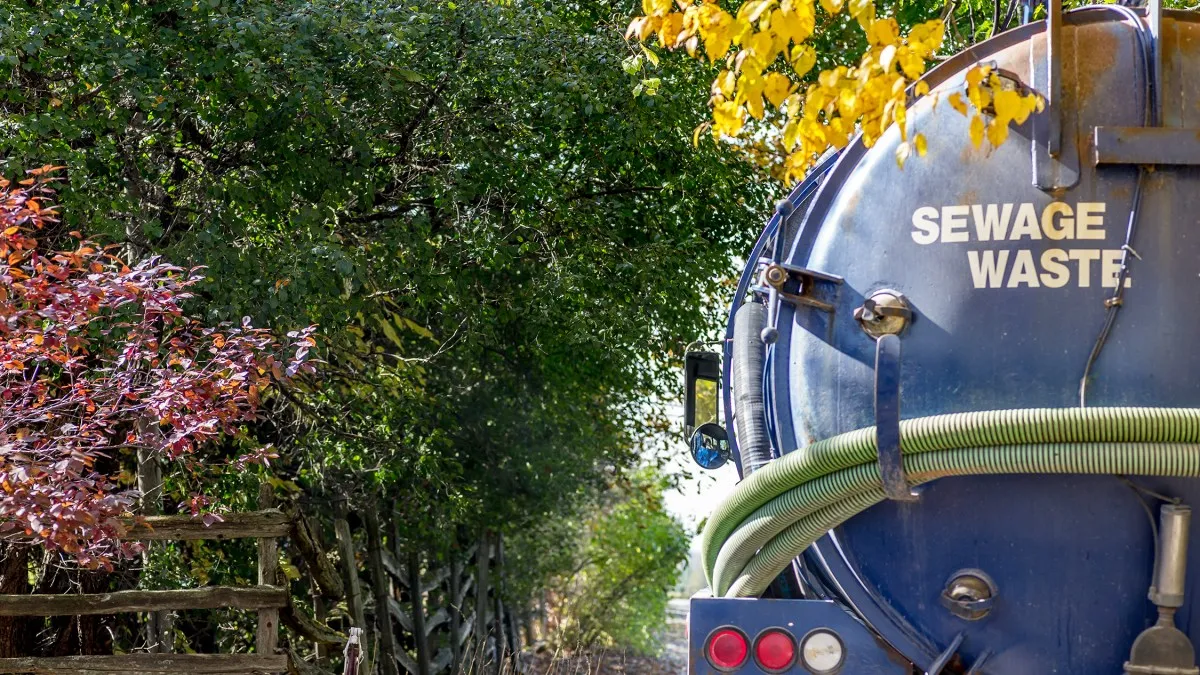In an era where water conservation is of growing importance, homeowners with septic systems have a unique opportunity to contribute to both responsible wastewater management and water preservation. Septic tank pumping is a crucial part of septic system maintenance, and it plays a significant role in water conservation efforts. In this article, we will explore the connection between septic tank pumping and water conservation practices, highlighting how proper maintenance can contribute to a more sustainable and environmentally friendly approach to wastewater management.
The Importance of Water Conservation
Water is a finite resource, and ensuring its availability for future generations is a global concern. Water conservation practices aim to reduce water waste, increase efficiency, and minimize the environmental impact of water use. Conserving water benefits the environment, reduces utility bills, and promotes a more sustainable way of living.
Septic Systems and Water Conservation
Septic systems provide wastewater treatment for homes and properties that are not connected to municipal sewage services. The proper functioning of septic systems relies on the responsible use of water within the household. Water conservation practices in the context of septic systems involve minimizing excessive water usage, which, in turn, can help extend the lifespan of the septic system and reduce the frequency of septic tank pumping.
The Link Between Septic Tank Pumping and Water Conservation
Understanding the connection between septic tank pumping and water conservation practices is essential for homeowners looking to minimize their environmental footprint and save on long-term costs. Here’s how these two aspects are linked:
Efficient Water Use:
-
- Water conservation practices encourage efficient use of water in the home. This means using water-saving fixtures, fixing leaks promptly, and being mindful of water use. When less water enters the septic system, there is less wastewater to be processed, reducing the frequency of septic tank pumping.
Septic System Capacity:
-
- The size of your septic tank determines its capacity to handle wastewater. Excessive water usage can overload the tank and lead to more frequent pumping. Conserving water helps maintain a balanced flow into the tank, reducing the need for frequent pump-outs.
Minimized Solids Buildup:
-
- Water conservation practices not only reduce the volume of wastewater but also minimize the introduction of solid waste into the septic tank. This helps prevent the rapid accumulation of sludge and scum, which can clog the tank and necessitate more frequent pumping.
Environmental Impact:
-
- Proper septic tank maintenance, including regular pumping, helps protect the environment by preventing untreated sewage from contaminating groundwater and surface water. Conserving water reduces the strain on the septic system, lowering the risk of environmental harm.
Longevity of the Septic System:
-
- Water conservation practices support the longevity of your septic system by reducing the stress placed on the tank and drainfield. A well-maintained septic system can last for decades with proper care, saving homeowners the cost of premature replacements.
Water Conservation Tips for Septic System Owners
To effectively link septic tank pumping with water conservation practices, consider implementing the following tips in your household:
Install Water-Saving Fixtures:
-
- Replace old, inefficient fixtures with water-saving alternatives, such as low-flow toilets, high-efficiency washing machines, and aerated faucets and showerheads. These fixtures use less water without sacrificing performance.
Fix Leaks Promptly:
-
- Address any leaks in your plumbing system promptly. Even minor leaks can waste significant amounts of water over time, increasing the load on your septic system.
Monitor Water Usage:
-
- Be mindful of your daily water usage habits. Consider installing a water meter to track your household’s water consumption and identify areas where you can reduce water use.
Use Dishwashers and Washing Machines Efficiently:
-
- Run dishwashers and washing machines with full loads to maximize water efficiency. Avoid running these appliances unnecessarily, and use shorter cycles when appropriate.
Implement Rainwater Harvesting:
-
- Consider harvesting rainwater for outdoor use, such as irrigation. This reduces the demand on your septic system for flushing toilets or watering plants.
Fix Running Toilets:
-
- A running toilet can waste a significant amount of water. If your toilet continues to run after flushing, repair it promptly to conserve water.
Spread Out Water Use:
-
- Avoid simultaneous high water usage activities, such as running multiple showers or washing machines at the same time. Spreading out water use helps prevent overloading the septic system.
Be Mindful of Landscape Irrigation:
-
- When irrigating your lawn or garden, use water-efficient practices. Consider using drip irrigation or soaker hoses, and avoid overwatering.
Conclusion
The link between septic tank pumping and water conservation practices underscores the importance of responsible wastewater management in preserving our precious water resources. By practicing water conservation in your home and ensuring that your septic system is well-maintained, you can contribute to a more sustainable and environmentally friendly approach to water use.
Conserving water not only reduces your environmental impact but also extends the life of your septic system, reducing the need for frequent pump-outs and the associated costs. By adopting water conservation practices, homeowners with septic systems can play a crucial role in safeguarding water quality, promoting responsible water use, and contributing to a more sustainable future.


